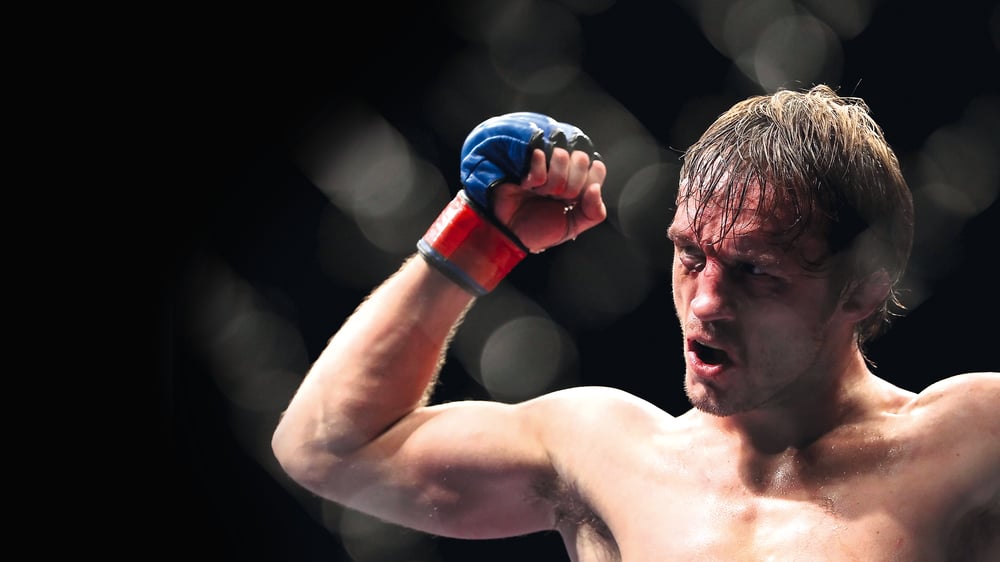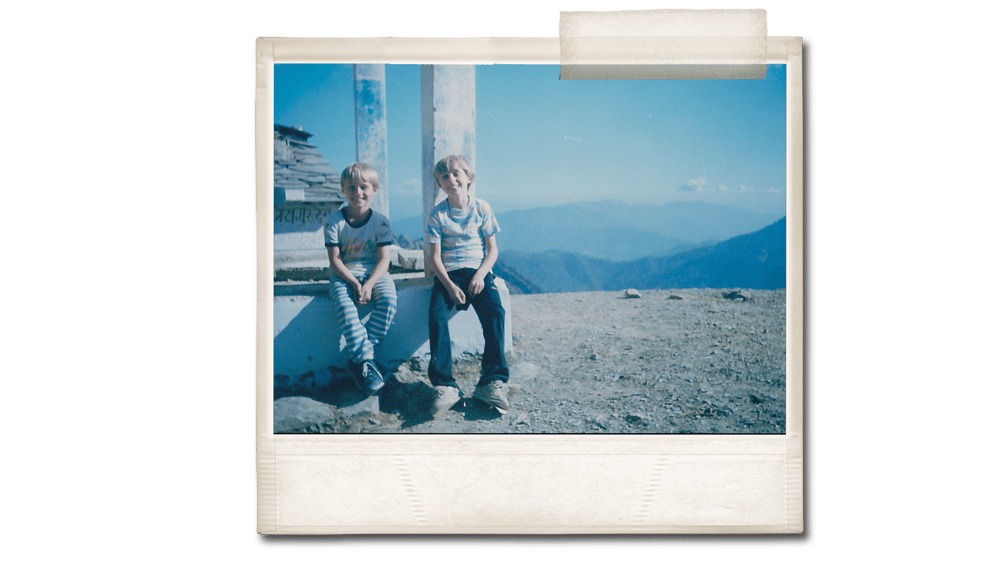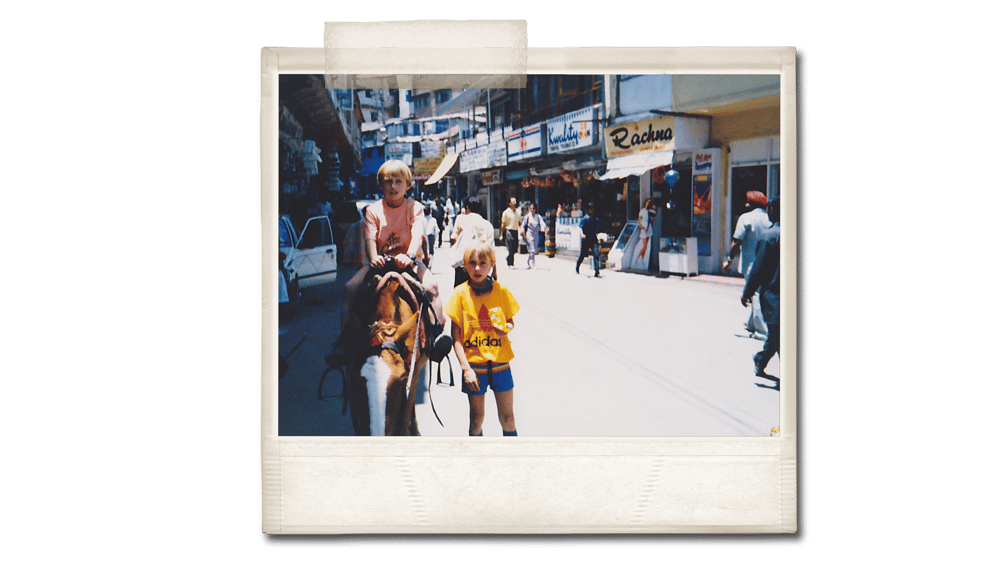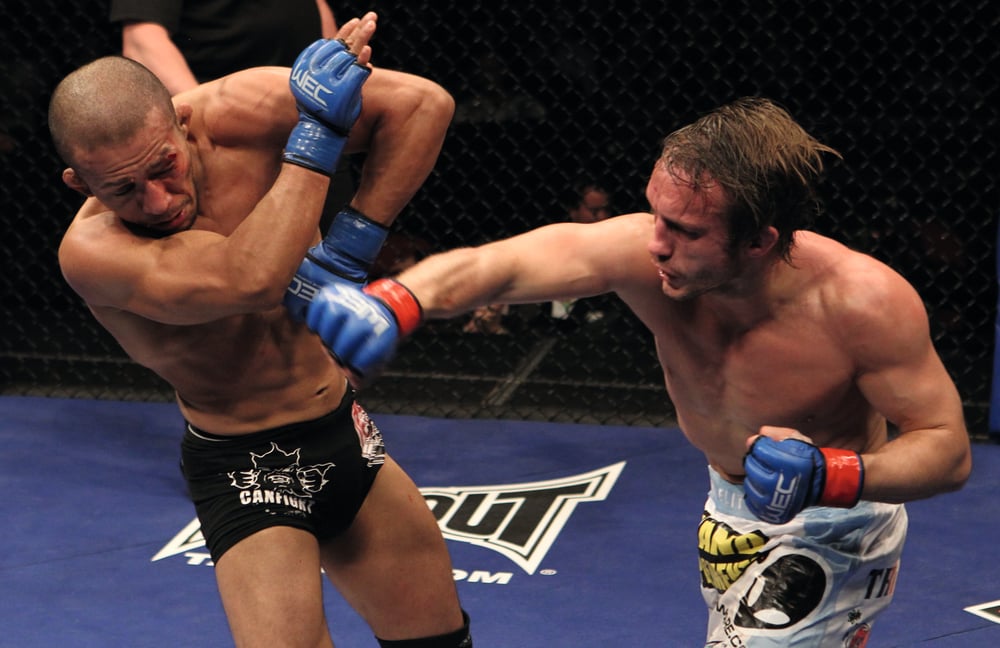
Issue 082
December 2011
WEC veteran and UFC 138 bantamweight Brad Pickett possibly had the most unusual childhood in all of MMA. Palatial hotels, rabid dogs and food-thieving monkey gangs: the 20-5 Brit recounts his extraordinary upbringing
NEED TO KNOW
NAME BRAD PICKETT
AGE 32
STARTED 2004
TEAM TITAN/ATT
DIVISION BANTAMWEIGHT
STYLE BOXING
RECORD 20-5
From his deep London cockney twang, there is little to give away the diverse culture top-ranked UFC bantamweight Brad Pickett was exposed to as a boy. Pickett has revealed to Fighters Only magazine how his early years in India – first in Delhi and then at boarding school in the foothills of the Himalayas – led to an array of sporting interests as a child, and the realization that he was ultra-competitive, fearless and possessed immense cardiovascular strength.
Looking back on it now, over two decades later, Pickett reckons the three years he spent in India at a formative time could have created subtle foundations that made him the athlete and fighter he is today.
Brad moved to Delhi from East London when he was nine. It was 1987. The day the Pickett family left England for India was his brother Russell’s 10th birthday. Born to Sid and Sheila, their life-changing move was spurred by the parents’ decision to go into business with the prominent Indian entrepreneur Ajay Kalsi, whose wealth today is estimated at US $1.7 billion dollars. Kalsi is the 33rd richest person in India.

The Pickett parents were prominent shoe designers in London, and their expensive creations at Victoria Shoes were coveted by celebrities, fashionista’s and singers. Elton John among them.
Sheila taught at the London School of Fashion, and had notable pupils, among them Patrick Cox, a renowned designer himself today. Sid had boxed in the Navy. They had had their children later in life. Sid was 52 when Brad was born; Sheila 41. The deal with Kalsi meant a move to Delhi to set up factories, train the machinists and educate the pattern designers. The whole nine yards.
“I think they fancied a change of scene, wanted to widen the education of their sons and move us out of London,” explains Pickett, now 33 years old and ranked amongst the top five bantamweights in the world.
But those early years, he insists, set the tone for an intriguing, adventurous life. “We moved to Delhi for six months, and lived out of the Taj Mahal Hotel for the first few months while a house was being built for us in the suburbs,” remembers Pickett. They had Ghurka servants, one of whom watched over them. “It was one big adventure. We went to Delhi’s version of Six Flags, an adventure playground, breaking the rules set out for us early on, drinking from the fountain water. I ended up as sick as a dog. For the first few weeks, we were constantly being sick in the marble showers of our suite in the Taj Mahal. Funny looking back.”

The brothers were enrolled in the top private school in Delhi, two English boys amongst 1,800 students. “We were a huge distraction for the other kids, and with few of the classes in English, I bunked off a lot of the time and went out running in the streets.”
When their parents realized the school in Delhi wasn’t working out, the two boys were packed off as boarders to Woodstock, an American International School, in the foothills of the Himalayas.
“It was gut-wrenching every time we had to leave our parents, but built us emotionally,” says Pickett, who admits the family was close, and loving. “It was a 45-minute flight from Delhi in a little propeller plane, and then an hour’s drive up the mountain. That journey was really hair-raising. Even with a private driver it was a dangerous drive up the mountain road. Once a month a bus would topple over into the valley, fall off the edge with people hanging off the sides by the bars. It just seemed normal.”

The years in India were fascinating. But they also set the benchmark for the young Pickett’s competitive instincts.
“I experienced a lot of things in India that a lot of kids my age wouldn’t. We came across big wild cats, scorpions, crazy-aggressive monkeys, befriended stray dogs and also developed a love of sport.
“I realize, looking back, that I had a great engine when it came to running and cardio. There was really excellent high-altitude training up there when I was cross-country running.” The Pickett boys were in the Himalayas for two years at the boarding school. “You don’t know it at the time but it was a really great experience for us. Multicultural, and a very sporty environment.”
Even the walk to school, through a mountain pass, had its challenges, as they had to front up to packs of wild monkeys. “It was quite rural, and our dormitories were a five-minute walk up a steep pass sideways. You had to be in groups of three or four, because if not, the monkeys would surround you and would intimidate you for food. They were pretty aggressive.
“One night, one of the Ghurkas protecting the dormitories was attacked by a black panther. The big cat had ripped through a tennis fence, and had just caught the Ghurka, who luckily wasn’t killed.
“My brother Russell picked up Hindi. I didn’t. When the house was being built in Delhi, we used to play out all the time and had a Ghurka servant looking
after us.
“I ended up bringing one of the stray dogs I befriended – Lucy – back home. Two weeks later, after playing with it every day, it started foaming at the mouth. It had rabies…
“I learned to be adventurous and explore in India. Russ reckons I first showed in those months that I had no fear. We lived close to the banks of the river Ganges, and when they flooded, Russ would send me forward when we explored all the wells full of weird river snakes, giant frogs and strange creatures.
“We were both very big on sport at a young age, and involved in everything.
I think playing sport at altitude at a formative age was quite significant, as was the ultra-competitive nature of inter-house sport at Woodstock. The sports days were huge, as you’d imagine with an American school. It had a really strong culture of sport, and we really thrived on it. Russ and I were ultra-competitive
anyway, and it just made us even
more so.”

When they moved back to the UK, it was to Northamptonshire, which was the hub for the UK shoe manufacturing industry. Pickett would go on to work in the family business, then in the fashion industry for a time, play high-level semi-professional soccer, and box.
“I did a bit [of work in the fashion industry]. My brother Russell has been in fashion for years, but I wasn’t the most academic person, and working in the office wasn’t for me. I just loved sports.”
After a serious knee injury which would have stopped most sporting careers – Pickett says he has adapted his movements to get around it – he decided to try out as a stunt man for action movies, coming across MMA, quite by accident, in his early 20s. He was hooked. “It was when coming back from that, and trying boxing again, that I discovered MMA. I wanted to become a stunt man, and was trying to learn trampoline, but then I went to an MMA training session and I’ve been doing it ever since. Whenever I look back on that time in India, I realize I learned so much and it was the start of so much. How to adapt, emotional intelligence, how sport gives you an edge. There are very fond memories looking back.”










